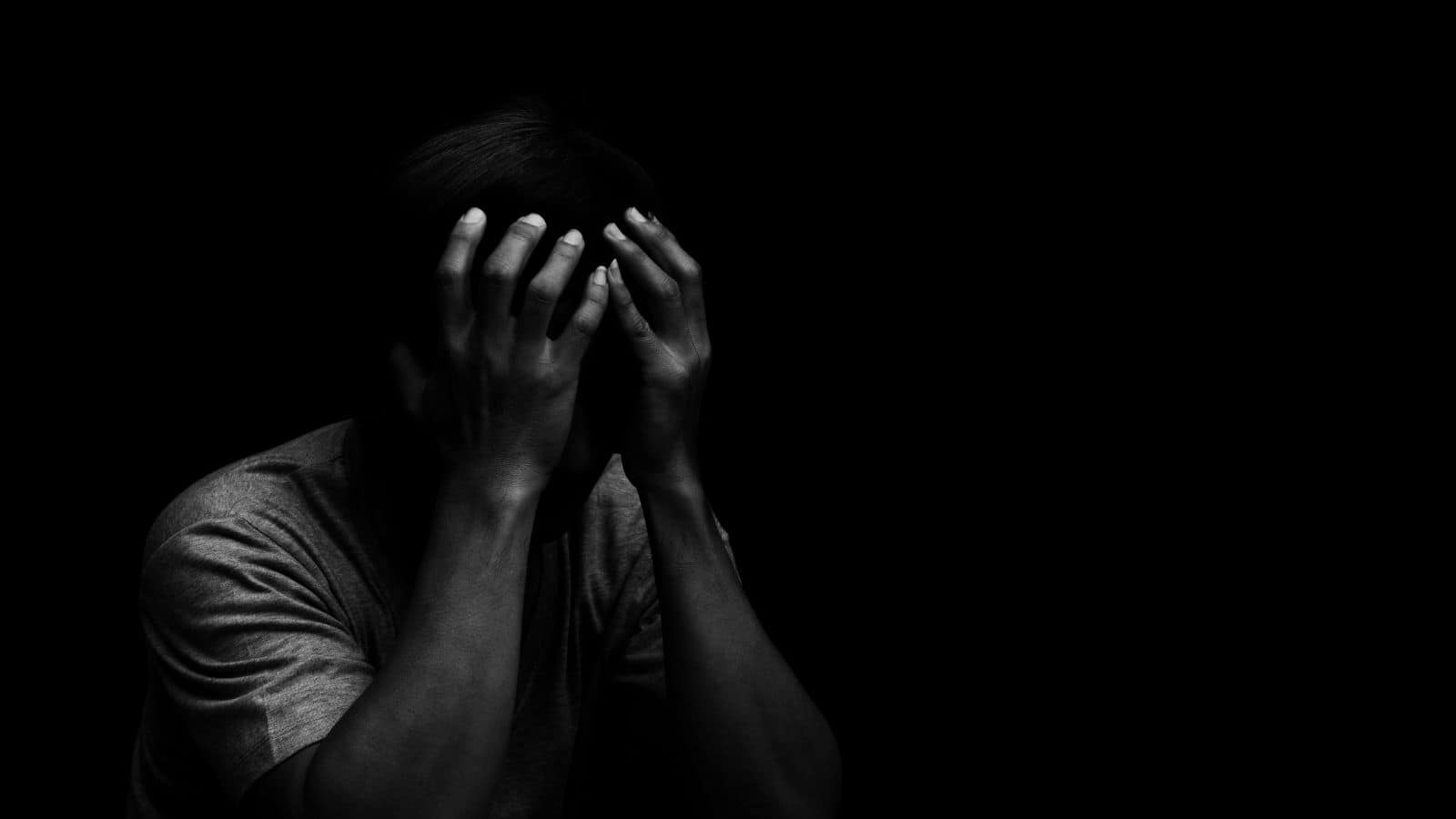Childhood trauma stays with a person for a long time and often needs to be dealt with in therapy. It can cause all sorts of long-term issues. Bullying in childhood is one of these traumas, and it can influence adult behavior in the following ways. Let’s take a look at how.
Low self-esteem

Childhood bullying can lead to persistent low self-esteem in adulthood, notes UTHealth Houston, and this can affect decision-making and personal relationships. This self-doubt can hinder personal and professional growth, as adults may avoid challenges or opportunities due to fear of failure.
Trust issues

Early experiences of betrayal can make it difficult for survivors of bullying to trust others, and this impacts their ability to form close relationships. These trust issues can leave one with a tendency to remain emotionally guarded, which can prevent deep connections with others and lead to loneliness.
Anxiety disorders

Victims of childhood bullying often experience long-lasting anxiety and will worry excessively about criticism, rejection, or threats. This anxiety can be particularly pronounced in social situations, affecting the individual’s ability to engage in public or in new social settings.
Aggressive behavior

Some individuals who were bullied might learn to use aggression as a defense mechanism, potentially becoming bullies themselves. Aggressive behavior can cause family discord and have a long-lasting negative impact on personal relationships and professional interactions.
Substance abuse

Substance abuse can develop as a coping mechanism to manage the pain and trauma associated with past bullying experiences. This can lead to physical and psychological dependence on drugs or alcohol, negative health complications, and strained relationships in later life.
Post-Traumatic Stress Disorder (PTSD)

Traumatic experiences from bullying can trigger Post Traumatic Stress Disorder, affecting individuals’ ability to function in daily life. Trauma is known to have a long-lasting and repetitive effect on our minds, notes Psych Central, and triggers are often key symptoms of PTSD. If signs of PTSD arise, it is important to seek professional help.
Difficulty with conflict resolution

A history of being bullied can lead individuals to avoid confrontation, which can impact their ability to resolve conflicts effectively. This passive behavior can lead to unaddressed issues and allow resentment to build up in both personal and professional relationships.
Overcompensation in achievements

Some individuals may try to overcompensate for their traumatic childhood experiences by seeking to prove their worth through hard work, high positions in their careers, and other achievements. This can lead to burnout and chronic stress as adults push themselves too hard in their career or personal life.
Hypervigilance

Victims of bullying can often develop a tendency for hypervigilance, being constantly aware of their surroundings, and being on alert for any threats or negative social cues. Never being able to relax can affect mental health, physical health, and overall quality of life.
Fear of failure

A fear of failure can develop from the negative feedback experienced during childhood bullying, which can lead to an aversion to taking any unnecessary risks for fear that they won’t work out. This fear can limit professional and personal opportunities, as individuals may avoid situations where success is not guaranteed.
Sensitivity to criticism

Individuals who were bullied can have heightened sensitivity to criticism, perceiving it as more personal or severe than it may be intended, which may prompt a strong emotional response. This sensitivity can impact professional development, as individuals may struggle with constructive feedback.
Isolation

The impact of bullying can lead people to develop a preference for social isolation as a protective measure against further harm. Building a mental wall around themselves to push people away can help them to feel safer. However, prolonged isolation can have negative impacts on mental health, including loneliness and increased depression and anxiety.
Impaired progress in education

Childhood bullying can disrupt early educational development due to psychological distress and absenteeism. This can limit educational achievements and extend into career development due to not having the education one might have had. Long-term effects of childhood bullying can affect job performance and satisfaction.
Depression

Studies show that the emotional trauma victims experience from bullying in childhood can increase the risk of depression later in life, explains NIH. This depression can affect all areas of life, personal and professional, from a lack of motivation to pursue goals to difficulties in maintaining a stable mood.
Perfectionism

Victims of bullying might develop perfectionistic tendencies, placing unrealistic standards upon themselves as a way to avoid further criticism or bullying. However, the stress and anxiety that can accompany perfectionism will often lead to dissatisfaction and mental health issues.
Insecure attachment issues

Bullying can lead to insecure attachment styles in relationships, which can make it difficult to form stable, trusting bonds. This can have an impact on intimate relationships, as building and maintaining these can be a challenge when dealing with insecurity and mistrust.
Cynicism towards others

Repeated bullying can lead to a general attitude of cynicism towards others’ intentions, expecting negative behaviors or betrayal from other people. This cynicism can act as a barrier to engaging in new relationships or getting involved in community affairs and events. It can also lead to loneliness and the lack of a social life.
Chronic indecisiveness

Bullying can lead to chronic indecisiveness, which comes from a fear of making mistakes that can lead to facing judgment from others. Indecisiveness can stop people from doing what they want in their lives and influence their ability to navigate life effectively.
Eating disorders

Oftentimes bullying, especially if focused on appearance, says Mayo Clinic, can lead to serious body image issues and contribute to eating disorders like anorexia or bulimia. Prolonged eating disorders can lead to severe health complications and need comprehensive treatment.
Up Next: 19 Things Men Want To Avoid As They Get Older

19 THINGS MEN WANT TO AVOID AS THEY GET OLDER
18 U.S. Cities Americans Say Are the Best to Live In

18 U.S. CITIES AMERICANS SAY ARE THE BEST TO LIVE IN
17 Most Common Reasons Men Break Up With Women

